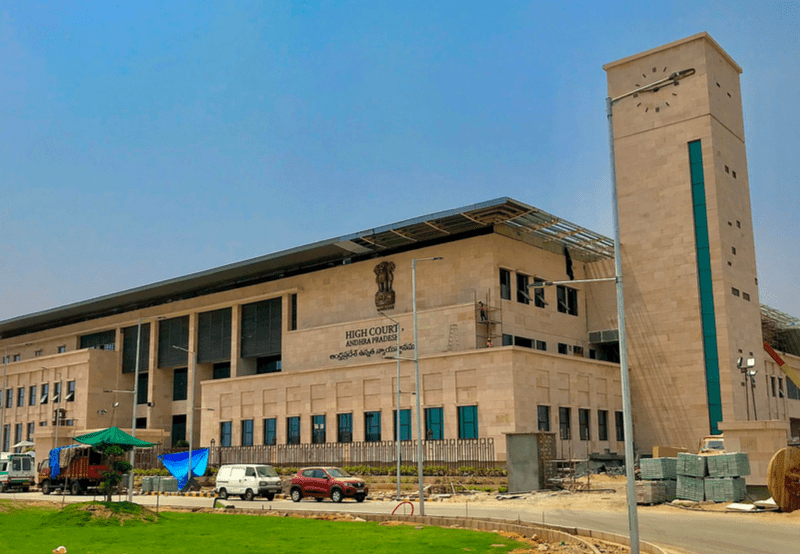The blanket ban imposed by Andhra Pradesh High Court on Tuesday on the media and social media to report facts pertaining to a particular case is alarming. It impinges on the freedom of media and the right of the people of this country to know information.
The people who are being investigated also should have fair chance to defend themselves. Everything should happen in public domain in a transparent manner. The interim order by Justice J.K. Maheshwari of AP High Court is troubling the law-abiding citizens and those who swear by the Constitution.
The first information report (FIR) filed by the anti-corruption bureau against former Advocate General of Andhra Pradesh Dammalapati Srinivas and others alleging that they were involved in Amaravati land deals should have been widely reported since it contains the police version, which could be duly contested by the accused.
The learned judge could have been considered fair if he ordered restraint in investigation. But, his order to the media is not maintainable. Even if the accused said it was a ‘foisted’ case, the judge could not have acted in the case of media the way he did.
The former Advocate General had accused the government of political vendetta. It is true that the present government has been investigating the commissions and omissions of the previous government. There is nothing unconstitutional about it.
In fact, that is what every chief minister in the country and the prime minister have been doing on daily basis. Even if the former Advocate General came up with an accusation, the court need not issue omnibus order to prevent the details of the case from getting reported by the media.
Fair trial is important in any case. What way the gag order would help fair trial is anybody’s guess. The track record of the government of Andhra Pradesh headed by Y.S. Jagan Mohan Reddy in legal matters has not been reassuring. The government has to sort out matters at its end.
Courts could intervene in order to enable fair trail and afford an opportunity for the media to report facts. The media could be stopped if any attempt to invade somebody’s privacy is made. In case of defamation also, the courts are within their right to order temporary restrain.
The courts could stop publication or telecast of some material, which is inflammable and likely to cause public disorder and communal tension, as the apex court did on Tuesday in the case of ‘Sudarshan News’ channel since it was believed that the channel was indulging deliberate vilification of Muslim community. The Supreme Court’s decision was meant to prevent hatred from being spread. In the case of AP HC order there was no such danger.
The AP High Court’s action helps prevent news about the former Attorney General and some other persons from spreading. When so many other cases are being vividly reported, there is no justification in stopping this particular FIR from being reported.
Individuals approaching the courts to obtain gag orders for extraneous reasons and the courts obliging such petitioners have become the order of the day. Such kind of a ban has been imposed in Karnataka also recently. This is certainly a case of judicial outreach that is not in conformity with the spirit of the Constitution. The fundamental rights assured by the Constitution get affected by such arbitrary orders.




